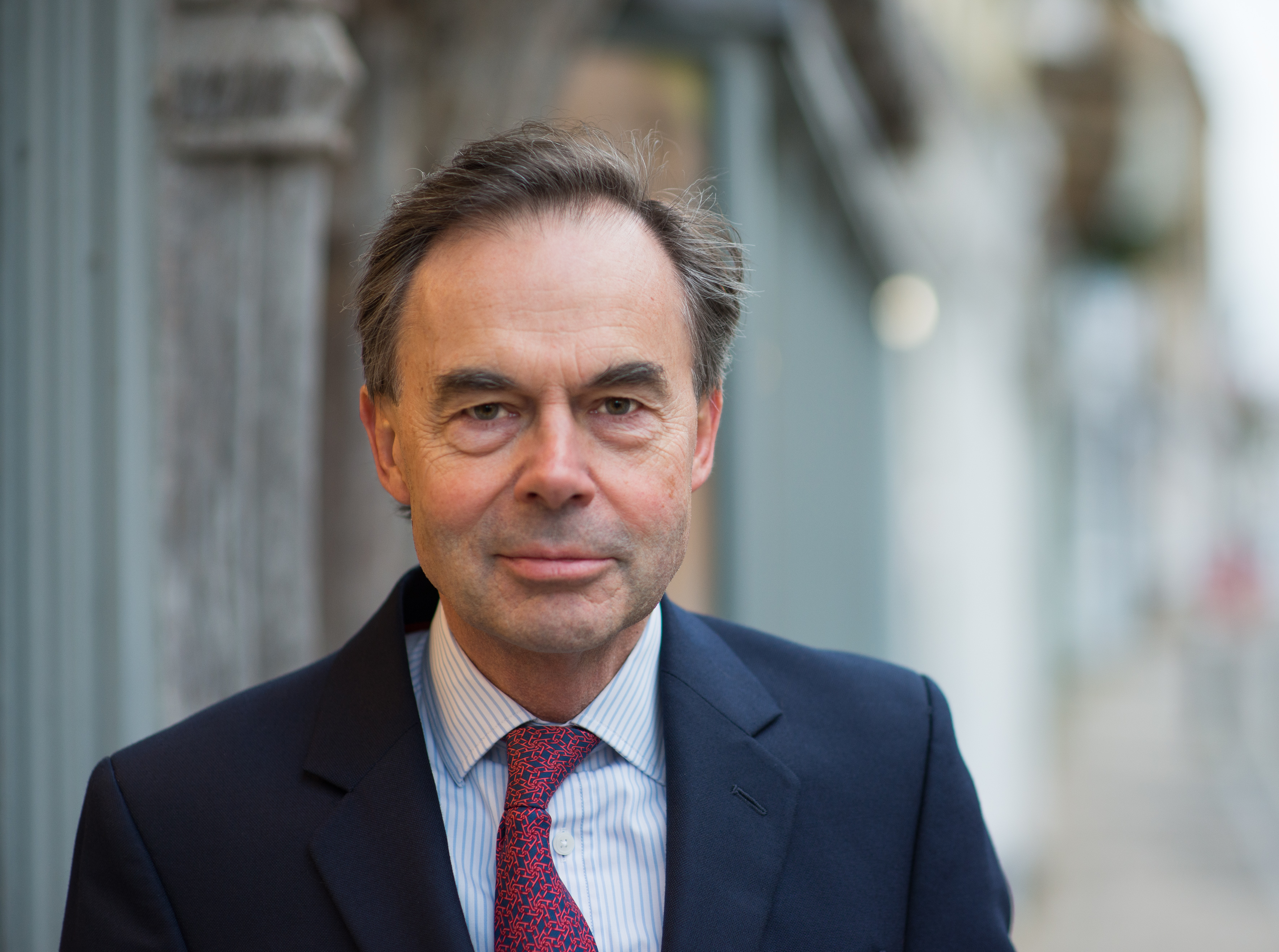We noted last month that we expected stock markets to look through the current crisis in a steadily more rational manner over the next few months.
Stock markets are increasingly looking to what will have changed on a more permanent basis. The last few weeks have seen a continuation of the easing in volatility and the chaotic behaviour of markets in mid-March has given way to something rather calmer.
American stocks led the way (again) over the past four weeks, up around 5% on the S&P 500, London lagged as did Europe (up around 2%). Japanese stocks remained bright through the period, up nearly 6% overall. After the powerful rally in the leading tech names over the past two months, there are now some tentative signs emerging of a switch to (or simply recovery in) the ‘value’ sectors such as financials, oils and consumer discretionary.
Within the Fund we continue to pursue the policy of seeking out high quality companies that have been unduly depressed. In this vein, in mid-April we got another opportunity to add to Mastercard, this holding is now almost up to our desired weighting, and to Sony Corp in mid-May (Sony reported full-year figures during this period, naturally they face headwinds, but we like their position in games, music and image sensors along with the tie-up with Microsoft).
We reduced the overweight in pharmaceuticals during the period after a powerful rally and, once again, reduced exposure to Apple as their stock moved back up to the top of the range. A new holding in the portfolio is an initial investment in Ansys Inc, whose stock price had dipped in the second week of April. This company provides software that simulates engineering processes to predict how they will behave in reality. We have been rationalising the holdings in mining companies, reducing BHP Group in favour of a bigger position in Rio Tinto, which is our preferred holding. Lastly, we have added modestly to the holding in Morgan Stanley, which we consider to be the best placed of the US banks.
Federal Reserve Governor Powell warned about the risks to asset prices from a prolonged downturn, stressing, we noted, the risk to commercial property prices (not aimed at the President of course). Along with other central banks, he is emphasising that he has more tools in his box but that the really important matter is for governments to take-up the running. In this vein, the Franco-German recovery fund proposal to offer grants to sectors and regions most affected by the pandemic is an encouraging step (if one that was a while coming).
On the whole, the equity and other ‘risk’ markets are looking on the bright side, which is causing consternation in some quarters. Our suspicion is that with cash yields at zero, longer-dated yields exceptionally low and central banks firmly supporting credit markets, the background becomes rather more favourable for equity investors.
As we have said before, in the short-term, we really do not know whether markets will move back down again to re-test the lows, they could easily do so. Clearly the virus has wrought significant damage on economies around the world, while the political and medical response has been mixed. In short order, we entered the most dramatic economic downturn since the War for clear and obvious reasons that are loudly trumpeted by the media. We will continue to seek opportunities to add to and invest in good quality companies.
How would you like to share this?

